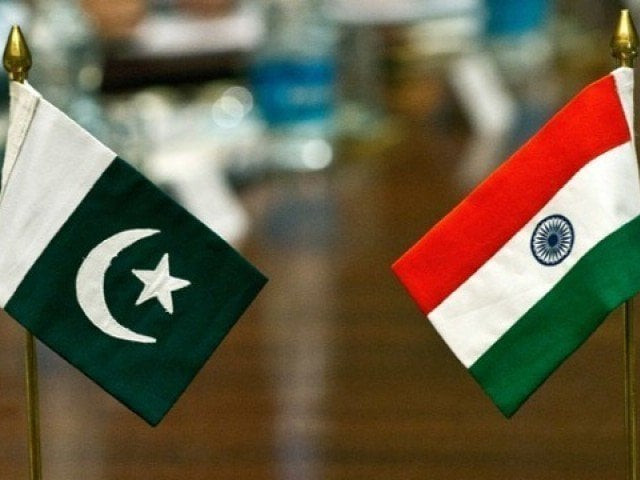Pakistan-India tensions: why diplomacy does not deliver?
Diplomacy would deliver only when there is a change of heart

Diplomacy would deliver only when there is a change of heart. PHOTO: FILE
Could this flare-up have been prevented?
The attack on India’s paramilitary forces on February 14 near Pulwama was the act of an individual driven by his own impulses and ideology. But responsibility for the attack was accepted by Jaish-e- Mohammad. And indeed there is no evidence that the attacker acted on instructions from the leaders of Jaish-e-Mohammad. Be that as it may, the fact remains that by accepting responsibility for the suicide bombing, Jaish has plunged the country into a crisis that could have dragged Pakistan into a catastrophic nuclear war.
What then Pakistan should have done when an organisation based on its soil accepted responsibility for an attack that took the lives of 44 Indian soldiers?
Islamabad should have acted firmly and decisively against the organisation. The infrastructure of the group should have been dismantled. Not only that, action should have been taken against any other such outfits that operate beyond Pakistan’s borders. That, for sure, would have gone a long way in mitigating the anger across the border.
By not acting in time, the Indian authorities were provided with an excuse to violate the LoC causing a tit-for-tat aerial engagement that could spiral out of control.
When India launched an aerial strike inside the Pakistani territory, Pakistan had no other option but to retaliate. Not retaliating would have amounted to being intimidated into some sort of surrender. In the culture of Pakistan-India relations, such a step of acquiescing in an attack on its territory would have had terrible consequences for any government in Islamabad.
This episode with all its possibilities of broader conflagration should be an opportunity for a reappraisal of policy.
There is a need to show foresight, vision and patience. Populist posturing may win support in some circles but would help prolong the unnecessary confrontation. That would only deliver more agony and suffering for the impoverished 1.5 billion of both countries.
The release of the Indian pilot by Pakistan is a timely and welcome decision. This must be followed by more concrete steps in terms of breaking up all such outfits that operate inside Kashmir.
But that alone is not enough. India has to change its course. The policy of use of brute force has not delivered. It has added insult to injury.
Delhi has to engage in a serious dialogue with the leaders of Kashmir. It is time for a new, rational and pragmatic approach that seeks to incorporate the aspirations of the people into a policy framework that brings sustainable peace and stability.
This objective can be achieved even though borders may not change. That can happen when rank and file Kashmiris are taken into confidence. The current Indian policy, if continued, could perpetuate alienation and despondency. Not only Kashmir but the whole of South Asia would suffer as a consequence.
Time to act is now.
Diplomacy would deliver only when there is a change of heart. Recognising the ground realities and being conscious of the cost and risks of a mutually destructive war, the two countries must dispassionately weigh the pros and cons of a strategy that could put an end to the state of confrontation. The leadership on both sides has a challenge to face: whether they would continue to bow down to lobbies or whether they would rise to provide a new narrative that would create an ambience for a breakthrough — a breakthrough that millions have waited too long to see.
Published in The Express Tribune, March 9th, 2019.
Like Opinion & Editorial on Facebook, follow @ETOpEd on Twitter to receive all updates on all our daily pieces.















COMMENTS
Comments are moderated and generally will be posted if they are on-topic and not abusive.
For more information, please see our Comments FAQ